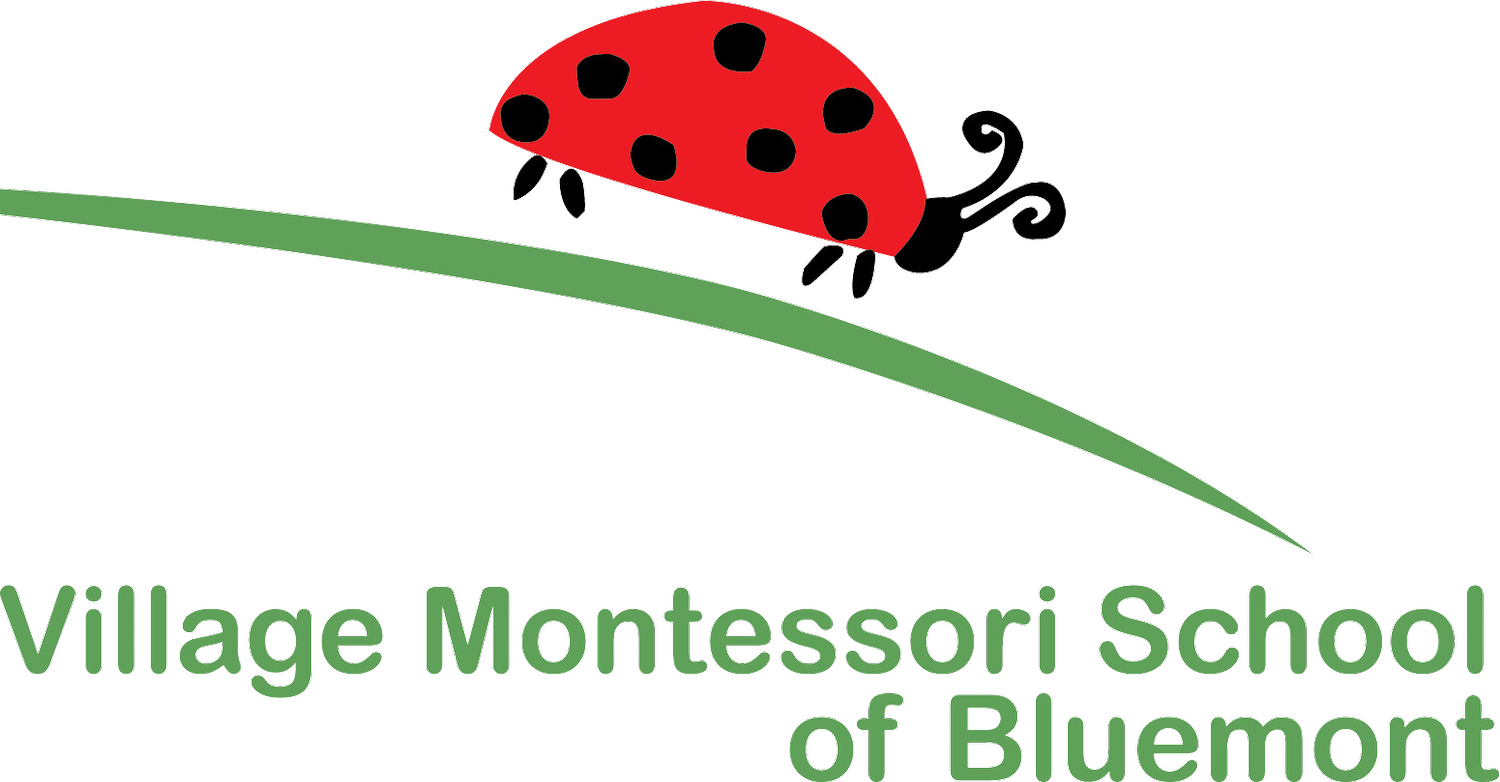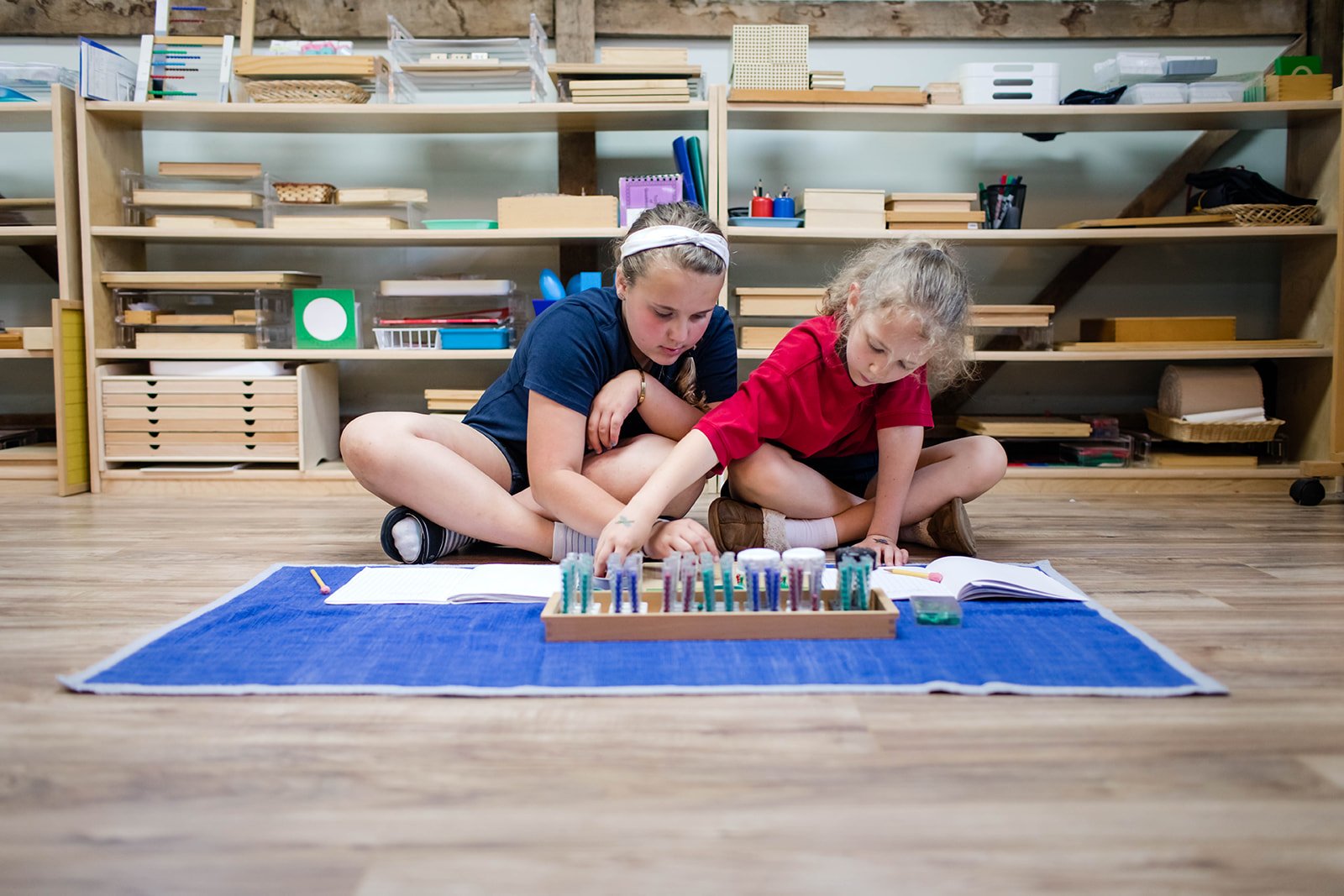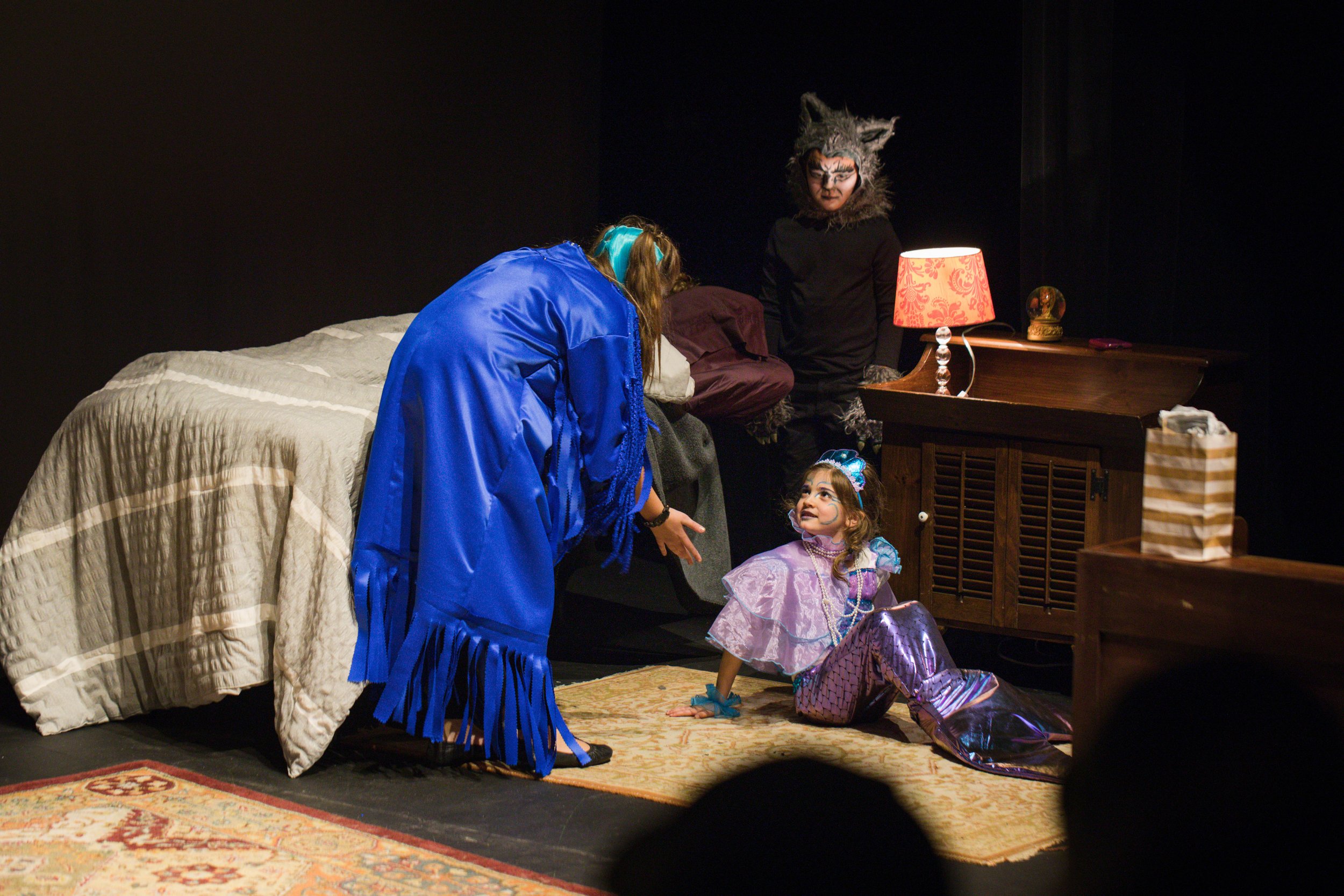Ignite the Spark of Cosmic Curiosity
Experience the Joyful Scholar's Journey in our Montessori Elementary Program.
Explore the universe
Foster strong social relationships, problem-solving abilities, and collaboration skills
Deep-dive with real-world applications
Supporting universally-held values through cultural studies
Ages 6-12
Monday-Friday | 8:25 AM - 2:45 pm
Aftercare Available
Beyond Basics: Their World Is Expanding
Stoking the fire of intellectual curiosity and social consciousness.
The key need at this stage is to stimulate intellectual curiosity and broaden the child's understanding of the world. Children need to transition from concrete to abstract thinking, requiring an environment that ignites their sense of wonder, fosters problem-solving skills, and supports deepening social relationships. They require a more substantial intellectual challenge.
Discover the
Montessori Elementary Program
Designed to meet the unique needs of the changing intellect and personality of children aged six to twelve.
At our school:
💡Minds Expand
Your child's imagination will be set alight as they explore the universe and their place within it through our cosmic curriculum.
🚀 Good Goes Beyond
Learning extends beyond the classroom, with hands-on experiments, in-depth studies of economics, history, and cultures to prepare them for life in an interconnected world.
🔎 Real Problems Get Solved
They will engage in cooperative learning experiences that foster strong social relationships and problem-solving abilities.
Unlocking the Universe:
Explore the Exciting Elements of our Elementary Program:
Cosmic Curriculum
A comprehensive curriculum designed to answer the question, "Who Am I?" while sparking admiration and wonder.
Focus on Sensitive Periods
Curriculum designed to nurture and respond to the child's evolving needs and interests.
Five Great Lessons
Unique storytelling-based lessons that provoke interest and encourage research.
Community-Building Activities
Emphasis on justice, morality, and social relationships, fostering a sense of belonging and shared responsibility.
The Enrollment Process.
The value of unlocking a child’s potential is priceless. We take this responsibility seriously. Here’s how we make sure we’re a good fit:
1. Schedule Your Tour
Get an insightful overview of the environment that helps to foster your child’s creativity and joy for learning.
2. Fill Out an Application
This helps us understand what’s important to you and how we might be able to partner with you. If we're a good fit for your family's values and goals, you’ll hear from us within 1 week about enrollment or waitlist details.
3. Watch Your Child Blossom
In a matter of weeks, watch as your child develops a new level of independence and confidence that will astound you.












Village Montessori School is redefining education through its unique Outdoor Classroom program. From nurturing gardens to hiking nature trails and creating a native pollinator habitat, our students are immersed in the splendor of the natural world. This holistic approach fosters community involvement and cultivates essential life skills, all while nurturing a deep respect for environmental conservation. Isn't it time we embrace the wonder of outdoor learning? Explore how we're nurturing future stewards of the earth at Village Montessori.